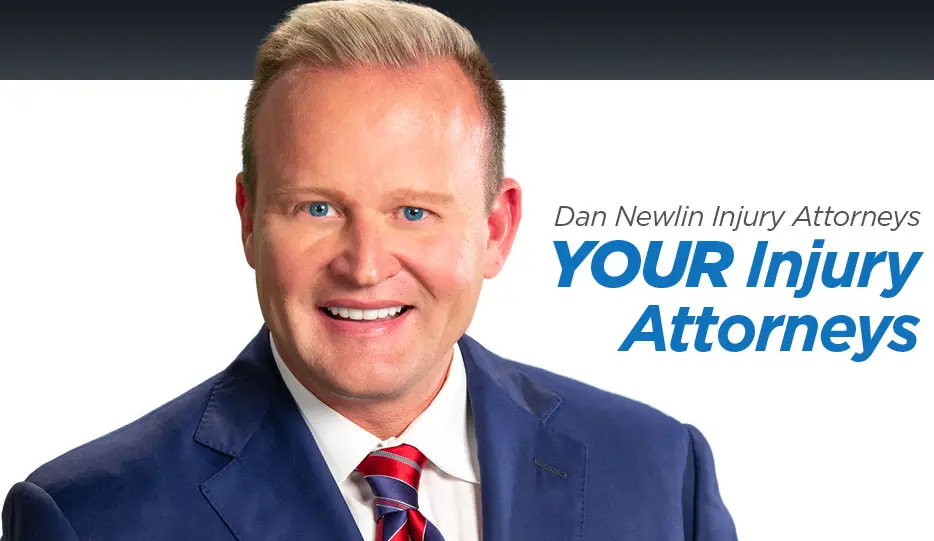FAQ's: Your Questions Answered
FREE CONSULTATION
I hear that nursing home abuse is a “hidden crime” because it is often not reported. Don’t people have a duty to report abuse?
One would think, from a moral perspective, that anyone who is aware that a resident in a nursing home is being abused or neglected would feel compelled to report the abuse to the proper authorities to protect the individual being abused and prevent future abuse. The sad truth is, in many cases, there are no laws that impose a duty on the everyday citizen to report suspected abuse to the authorities. Many people, including the abused are afraid to report abuse for fear of reprisals or retaliation. While there is no general obligation for people to report abuse, Florida law does impose such a duty of specific categories of individuals.
The Legislature in Florida recognizes that there are special classes of people who, by definition of their profession and interactions with nursing home residents and the population in general, would have, or should have, an awareness of potential or actual abuse occurring in nursing homes. To that end, the Legislature enacted Florida Statutes 415.1034,Mandatory Reporting of Abuse, Neglect, or Exploitation of Vulnerable Adults; Mandatory Reports of Death. According to this statute, the following people are required by law to report any act of actual or suspected abuse that may occur in a nursing home or assisted living facility:
(a) Any person, including, but not limited to, any:
1. Physician, osteopathic physician, medical examiner, chiropractic physician, nurse, paramedic, emergency medical technician, or hospital personnel engaged in the admission, examination, care, or treatment of vulnerable adults;
2. Health professional or mental health professional other than one listed in subparagraph 1.;
3. Practitioner who relies solely on spiritual means for healing;
4. Nursing home staff; assisted living facility staff; adult day care center staff; adult family-care home staff; social worker; or other professional adult care, residential, or institutional staff;
5. State, county, or municipal criminal justice employee or law enforcement officer;
6. An employee of the Department of Business and Professional Regulation conducting inspections of public lodging establishments under s. 509.032;
7. Florida advocacy council member or long-term care ombudsman council member; or
8. Bank, savings and loan, or credit union officer, trustee, or employee, who knows, or has reasonable cause to suspect, that a vulnerable adult has been or is being abused, neglected, or exploited shall immediately report such knowledge or suspicion to the central abuse hotline.
(b) To the extent possible, a report made pursuant to paragraph (a) must contain, but need not be limited to, the following information:
1. Name, age, race, sex, physical description, and location of each victim alleged to have been abused, neglected, or exploited.
2. Names, addresses, and telephone numbers of the victim’s family members.
3. Name, address, and telephone number of each alleged perpetrator.
4. Name, address, and telephone number of the caregiver of the victim, if different from the alleged perpetrator.
5. Name, address, and telephone number of the person reporting the alleged abuse, neglect, or exploitation.
6. Description of the physical or psychological injuries sustained.
7. Actions taken by the reporter, if any, such as notification of the criminal justice agency.
8. Any other information available to the reporting person which may establish the cause of abuse, neglect, or exploitation that occurred or is occurring.
(2) MANDATORY REPORTS OF DEATH.—Any person who is required to investigate reports of abuse, neglect, or exploitation and who has reasonable cause to suspect that a vulnerable adult died as a result of abuse, neglect, or exploitation shall immediately report the suspicion to the appropriate medical examiner, to the appropriate criminal justice agency, and to the department, notwithstanding the existence of a death certificate signed by a practicing physician. The medical examiner shall accept the report for investigation pursuant to s. 406.11 and shall report the findings of the investigation, in writing, to the appropriate local criminal justice agency, the appropriate state attorney, and the department. Autopsy reports maintained by the medical examiner are not subject to the confidentiality requirements provided for in s. 415.107.
While the State mandates the above classes of people have a duty to report abuse, it is also sensitive to the realities of people being fearful of reprisals such as loss of employment or criminal and/or civil liability for such reporting. To encourage those individuals with knowledge of abuse activities who may be fearful of such reprisals, the Florida Legislature enacted Florida Statute 415.1036 providing immunity for reporting those acts. The statute provides the following:
1) Any person who participates in making a report under s. 415.1034 or participates in a judicial proceeding resulting therefrom is presumed to be acting in good faith and, unless lack of good faith is shown by clear and convincing evidence, is immune from any liability, civil or criminal, that otherwise might be incurred or imposed. This section does not grant immunity, civil or criminal, to any person who is suspected of having abused, neglected, or exploited, or committed any illegal act upon or against, a vulnerable adult. Further, a resident or employee of a facility that serves vulnerable adults may not be subjected to reprisal or discharge because of the resident’s or employee’s actions in reporting abuse, neglect, or exploitation pursuant to s. 415.1034.
(2) Any person who makes a report under s. 415.1034 has a civil cause of action for appropriate compensatory and punitive damages against any person who causes detrimental changes in the employment status of the reporting party by reason of the reporting party’s making the report. Any detrimental change made in the residency or employment status of such a person, such as, but not limited to, discharge, termination, demotion, transfer, or reduction in pay or benefits or work privileges, or negative evaluations, within 120 days after the report is made establishes a rebuttable presumption that the detrimental action was retaliatory.
If you, or a loved one, know of a family member that has been a victim of nursing home abuse, you should contact a qualified, experienced attorney to advise you of your legal rights. Dan Newlin Injury Attorneys is dedicated to protecting those rights. We have a staff that is experienced in handling nursing home abuse cases and knows the right questions to ask in order to get the right answers. Call us now at 800-257-1822. Call our office any time for a free consultation. It would be an honor to answer any questions you may have.












